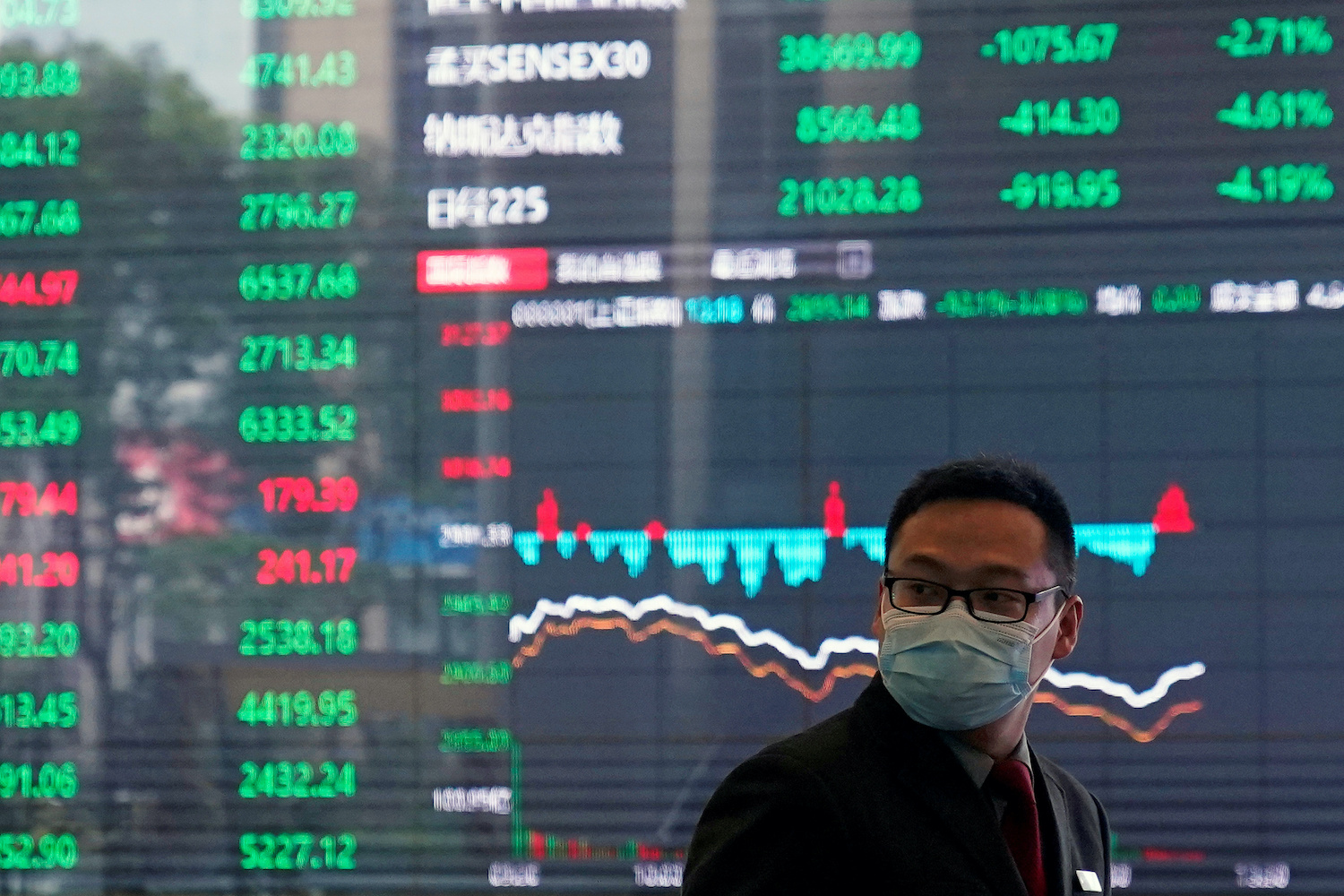Shares of Tencent Holdings and NetEase plunged as China’s regulators moved to tighten their grip on an industry that’s already reeling from multiple crackdowns.
Regulators have temporarily suspended approvals of new online games, the South China Morning Post reported Thursday, while Xinhua News Agency said gaming companies have been ordered to break their ”solitary focus” on profits. China’s two biggest gaming companies had been summoned to a meeting on Wednesday with regulators to discuss how they will implement Beijing’s restrictions on minors, which require no more than three hours of online gaming each week.
Tencent shares dropped more than 8% while Netease plummeted 11%. Gaming stocks in Europe also fell because China’s gaming market is the world’s biggest and one that influences global trends.
Xinhua said the meeting aimed to ensure the companies implemented strict new rules to curb gaming addiction among minors, including a ban last month on under-18s playing video games for more than three hours a week, but did not mention the suspension of gaming approvals.
‘Incorrect Tendencies’
Xinhua added that companies were told to “resolutely curb incorrect tendencies such as focusing ‘only on money’ and ‘only on traffic’, and change rules and gameplay designs that induce players to indulge.” Both Tencent and NetEase said they would comply with the regulators’ requests.
“The Chinese government is taking a very serious approach to online gaming and these reported restrictions are a step ahead on that program,” Kingston Securities executive director Dickie Wong said. “These moves show for investors it is not a good idea to put their money in just one of the internet or technology companies on the mainland.”
Qi Wang, CEO of MegaTrust Investment (HK), said the regulatory pressure will likely last for years not months. “It’s still to early to tell which companies are better positioned to deal with the on-going regulatory scrutiny.”
‘Metaverse’ Warning
Global and domestic investors have been jolted by China’s ongoing regulatory squeeze that has sought to root out some of the perceived excesses of the runaway growth in some online sectors.
Separately on Thursday, Chinese state media cautioned investors against blindly buying Chinese stocks hoping to profit from the metaverse, a virtual shared space based on virtual technologies.
A commentary by the official Securities Times follows a recent surge in stocks such as Shenzhen Zhongqingbao Interaction Network and Perfect World that are perceived as developing the metaverse.
Shares in related stocks tumbled after the commentary was published, with Wondershare Technology down by nearly 11% and Goertek falling almost 9%.
Other regulatory measures have included a crackdown on anti-competitive behaviour among online “platform” companies and moves to take greater control of the vast stores of data generated by the industry.
The transport ministry also said on Wednesday it would intensify a crackdown on illegal behaviour in the ride-hailing industry and deal with online platforms that are still using non-compliant vehicles and drivers.
• Kevin Hamlin, Jim Pollard and Reuters
ALSO SEE:
From E-Commerce to Education, China’s Season of Regulatory Crackdown
China Rebukes WeChat, Multiple Other Apps for Data Transfer Violations
China’s Private Tutoring Overhaul Stuns Online Education Industry
This story was updated with a new headline.
























